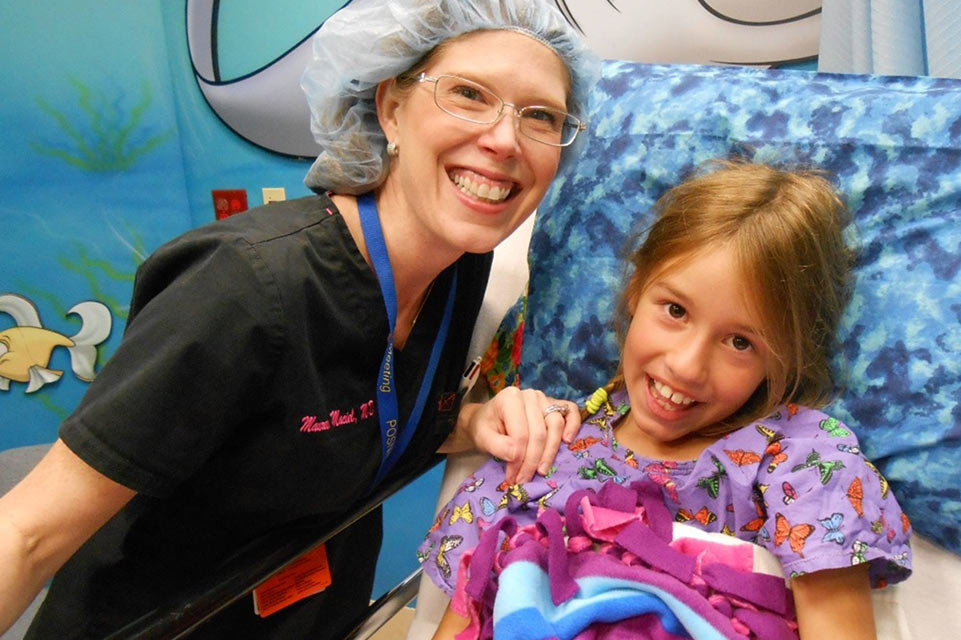-
Condition
Pseudoachondroplasia
Pseudoachondroplasia is a type of dwarfism resulting in short stature with normal facial features, head size, and intelligence. Shriners Children's closely monitors symptoms and provides surgical care if needed.
-
Condition
Syndromic Scoliosis
Syndromic scoliosis is a side-to-side curve of the spine that develops as part of a syndrome. When a child is diagnosed with a condition, there are certain predictable symptoms expected to appear attached to that syndrome.
-
Condition
Mesenchymal Scoliosis
Mesenchymal scoliosis is a curve of the spine caused by other medical conditions, such as osteogenesis imperfecta, that may weaken or destabilize a child's spine.
-
Condition
Spina Bifida
https://www.shrinerschildrens.org/en/Pediatric-Care/Spina-BifidaAt Shriners Children's, our unique team of specialists provides the highest quality care for your child with spina bifida.
-
Condition
Spondylolisthesis
https://www.shrinerschildrens.org/en/Pediatric-Care/SpondylolisthesisShriners Children's physicians are skilled and experienced in treating spondylolisthesis, a condition in which a vertebra slips out of place onto the vertebra below.
-
Condition
Duchenne Muscular Dystrophy (DMD)
https://www.shrinerschildrens.org/en/Pediatric-Care/Duchenne-Muscular-DystrophyAt Shriners Children's, our unique team of specialists provides the highest quality neuromuscular care for your child.
-
Condition
Limb Deficiency Care
https://www.shrinerschildrens.org/en/Pediatric-Care/Limb-DeficienciesShriners Children's specializes in treating limb deficiencies, which occur when part or all of a child's limb does not completely form during pregnancy or as a result of a major injury.
-
Condition
Marfan Syndrome
https://www.shrinerschildrens.org/en/Pediatric-Care/Marfan-SyndromeMarfan syndrome is a rare inherited disorder that affects connective tissue. At Shriners Children's, your child will receive comprehensive care for this condition.
-
Condition
Elbow Injuries
Elbow injuries are common in active children and can range from mild to severe. Specialists at Shriners Children's will assess your child's elbow injury and develop a customized treatment plan.
-
Condition
Esophageal Atresia
Shriners Children's offers treatment for this birth defect in which part of the esophagus does not develop properly. Esophageal atresia affects the swallowing tube (esophagus), which connects the mouth to the stomach.










